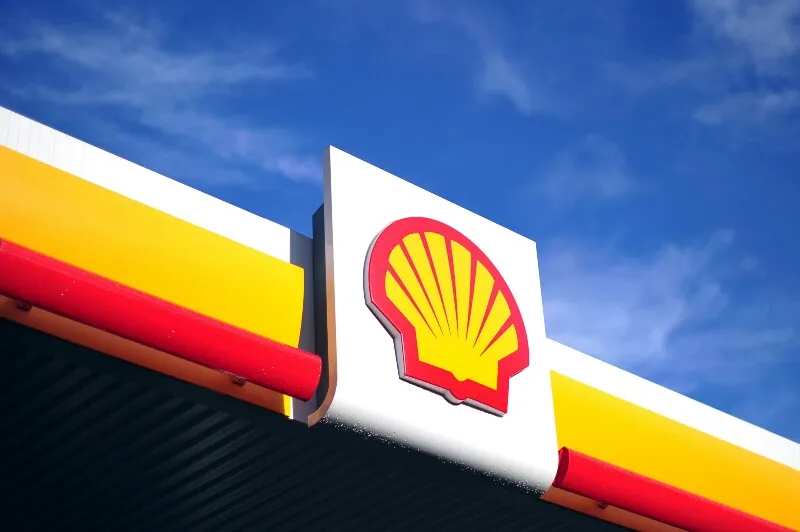
It is called 'the case of the century': the climate case against Shell that started this week. Together with six other organizations and more than 17,000 joint plaintiffs, Friends of the Earth went to court because they believe the company should do more to combat climate change. In this post I try to answer some of my own questions questions.
What is so special about this lawsuit?
It sets a precedent: never before has Big Oil been sued for future conduct. And there are many indications that what Shell is planning to do will cause serious climate damage. Friends of the Earth started this case because they are convinced that we will never achieve the ambitions of the 2015 climate agreement without the cooperation of major emitters such as Shell. The demand is therefore that Shell will act in line with the 'Paris Climate Agreement'.
Can Friends of the Earth win this case?
I find that difficult to assess because I'm not a lawyer. But according to Roger Cox, Friends of the Earth's lawyer, the chance is real. An important part of the plea, on which a lot of jurisprudence is now being built up, is the so-called precautionary principle. This means that you have to do or refrain from doing certain things in order not to cause problems for future generations. It is clear that Shell does not adhere to this principle. Shell wants to pump up all the oil, down to the last drop. Their business strategy is full force fossil. They even start looking for new oil fields. The second important pillar of the plea is that Shell has known for a long time about the risks of what they are doing.
However, Shell is very well prepared. They even predicted a long time ago that there would be a lawsuit against them. Shell has a scenario department that employs thirty people who develop scenarios that the company could have to deal with. That scenario thinking stems from the Cold War, from the army. In this way, you are prepared for all possible scenarios and will not be confronted with any surprises. Shell started doing this in the 1960s and in 1973 it was the only company that had taken into account that there could one day be an oil crisis in which the price of oil would fall. In the 1990s, they predicted the lawsuit that is now taking place: there would be a lawsuit that would not revolve around incidents, but around causing climate damage. They also predicted that governments would be sued, that a young generation would take action and that climate change would get worse.
In fact, Shell has had 22 years to rehearse for the reality in which we now live.
Who is actually responsible for the climate crisis: consumers, governments or companies such as Shell itself?
In order to understand companies like Shell, you would have to study all the speeches made by CEO's about the climate from the 80's until now. What you often see in those texts is that Shell shifts the responsibility to the consumer: 'pumping oil is not harmful, burning oil is harmful', they say. Although the consumer is of course not a legal party, because 'the' consumer cannot be taken to court. I wonder what the consumer's defence might be. Soon you'll end up with the government. Because if companies have the freedom to manipulate the consumer, shouldn't the government draw the lines of the playing field? Now all the willpower must come from the consumer himself. He must constantly say 'no' to everything, as if he were walking past snack bars all day long without being allowed to buy that greasy burger. Many governments are now talking about active citizenship. We have to take our own responsibility. We have to think about how we want to shape the future and act accordingly. If you read the government statements carefully, you can see that active citizenship mainly means that the government is withdrawing.
You can therefore speak of a kind of responsibility relay. Each party is both perpetrator and victim, but the truth is not in the middle. The government is not comparable to the consumer, because the government has a systemic responsibility. And Shell, too, has an exceptional position in the whole. Not every voice has the same stature.Shell is much more rhetorical and powerful than the citizen.
So hurray for the lawsuit.